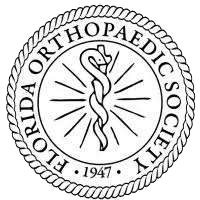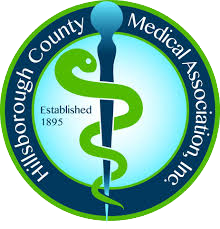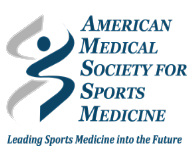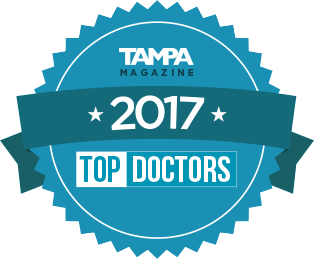The Role of Nutrition in Accelerating Rotator Cuff Repair
Rotator cuff injuries can be debilitating, causing pain and limiting mobility in the shoulder joint. Whether you’re an athlete, a weekend warrior, or someone dealing with the wear and tear of everyday life, the road to recovery from a rotator cuff injury can be challenging. However, one often overlooked aspect of rehabilitation is the role of nutrition. Proper rotator cuff repair nutrition can help promote tissue healing, reduce inflammation, and optimize overall recovery. Let’s explore the key nutrients and dietary strategies that can aid in the healing process.
Protein
Protein is the building block of muscle tissue and essential for the repair and regeneration of damaged muscles and tendons in the rotator cuff. Incorporating lean protein sources such as chicken, fish, tofu, and beans into your diet can provide the amino acids necessary for tissue repair and growth. Aim to include protein with every meal to support the healing process.
Omega-3 Fatty Acids
Omega-3 fatty acids are renowned for their anti-inflammatory properties, which can be beneficial in reducing inflammation associated with rotator cuff injuries. Foods rich in omega-3s, such as salmon, walnuts, chia seeds, and flaxseeds, can help alleviate pain and promote healing. Consider adding these foods to your diet or incorporating a high-quality fish oil supplement to reap the anti-inflammatory benefits.
Antioxidants
Antioxidants play a crucial role in protecting cells from oxidative stress and promoting tissue repair. Colorful fruits and vegetables are rich sources of antioxidants, including vitamin C, vitamin E, and beta-carotene. Berries, oranges, spinach, and broccoli are excellent choices to incorporate into your diet for rotator cuff repair nutrition.
Vitamin C
Vitamin C is essential for collagen synthesis, a key component of tendon structure and function. Including foods high in vitamin C, such as citrus fruits, strawberries, bell peppers, and kiwi, can aid in the formation of strong and flexible tendons. Consuming an adequate amount of vitamin C is good for optimal rotator cuff healing.
Calcium and Vitamin D
Calcium and vitamin D are essential for bone health, providing a stable foundation for the muscles and tendons of the rotator cuff. Dairy products, leafy greens, and fortified foods are excellent sources of calcium, while sunlight exposure and supplementation can help maintain adequate vitamin D levels. Ensuring proper bone health is crucial for supporting the integrity of the rotator cuff and facilitating repair.
Hydration
In addition to specific rotator cuff repair nutrition, staying hydrated is essential for optimal tissue healing and overall health. Water aids in nutrient transport, waste removal, and tissue hydration, all of which are vital for the healing process. Aim to drink at least 8 cups of water per day, and more if you’re physically active or live in a hot climate like Tampa, Florida.
Overall Diet
It’s also important to maintain a balanced and varied diet. Avoiding processed foods, sugary drinks, and excessive alcohol consumption can help reduce inflammation and support optimal healing. Additionally, consulting with a healthcare professional or registered dietitian can provide personalized guidance and recommendations tailored to your needs and goals.
Rotator Cuff Repair Support
By incorporating rotator cuff repair nutrition strategies, you can help support the healing process, reduce inflammation, and prevent future injuries. Tampa Orthopaedic and Sports Medicine Group is dedicated to empowering our patients with the knowledge and tools they need to achieve optimal orthopedic health. If you’re in Tampa, Florida, and seeking comprehensive orthopedic care, contact us today to schedule a consultation.












